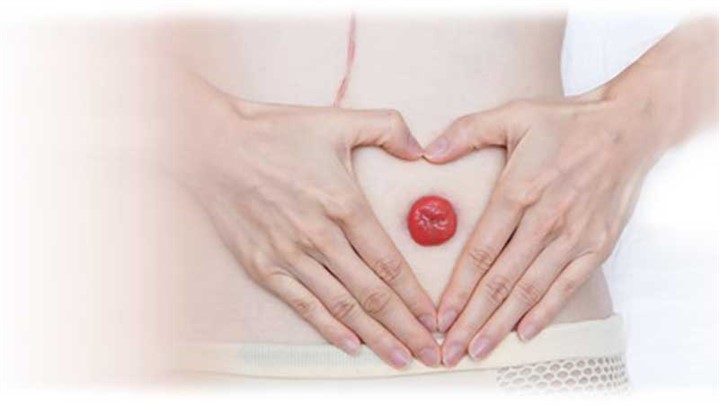
Ileostomy definition
Ileostomy is a stoma (surgical opening) constructed by bringing the end or loop of small intestine (the ileum) out onto the surface of the skin, or the surgical procedure which creates this opening. Intestinal waste passes out of the ileostomy and is collected in an external ostomy system which is placed next to the opening. Ileostomies are usually sited above the groin on the right hand side of the abdomen. After the surgery digestive contents leave the body through the stoma. Ileostomy output will be liquid to pasty, it depends on the food and medicines that patients eat.
Types of ileostomy
There are three types:
- An end ileostomy is made when part of your large bowel (colon) is removed (or simply needs to rest) and the end of your small bowel is brought to the surface of the abdomen to form a stoma. An end ileostomy can be temporary or permanent.
- A loop ileostomy is a type of stoma (your bowel opening onto your skin) and was made with two ends of your small bowel. It was expected that this would be only temporary and that your bowel ends would be put back together. Your bowels will then open in the usual way
- Ileo-anal reservoir: it is created from the ileum and joined to the anus, so waste material passes out of the body in the normal way.
Diet therapy in ileostomy
Dietary needs depend on how much healthy small intestine remains and how much time has passed since surgery.
The first few weeks after surgery, patients should eat a diet that is low in roughage such as fresh fruit, raw vegetable, and whole grains. Limiting roughage allows the intestine time to heal and prevents blockage due to swelling.
Introduce foods back into the diet slowly to see how the body reacts (introduce them one at a time).
Vitamin B12, folic acid, and potassium are the most common nutritional deficiencies in people with an ileostomy. A lack of vitamin B12 in the body can result in anemia. B12 is not absorbed as well via an oral route so the injection or spray simply makes good sense. potassium is most effectively delivered via food such as bananas and dark leafy greens. The issue is that to get enough to account for a deficiency, you may have to eat a lot, to the point of excessive weight gain. Thus, a supplement is recommended to complement the diet.
Some points that people with an ileostomy should observe
- Drink plenty of fluids (2-2.5 liters per day) to avoid becoming dehydration
- Isotonic fluids are better because of the higher sodium and glucose content
- Eat small, frequent meals (try to have 6 small meals throughout the day instead of 3 large ones)
- Eat mostly bland, low-fiber foods (high-fiber foods may cause a blockage)
- Avoid eating nuts because they block an ileostomy
- Chew the skin of fruit and vegetables well
- Ensure about having enough salt in the diet
Avoid eating these foods
- Sweetcorn
- Fruit and vegetable skins
- Nuts
- Seeds
- Coconut
- Whole grains
- dried fruits
- fibrous fruits and vegetables such as celery
- foods and drinks that increase excessive gas such as beans, onions, milk, and alcohol
Ileostomy complication
Some of the problems and complications can occur after surgery such as:
- Dehydration: Removing the large intestine can lead to dehydration because it plays an important role in helping absorb water.
- Rectal discharge: People who have an ileostomy but have an intact large intestine often experience a discharge of mucus from their rectum.
- Stoma problems: Inflammation of the skin around the stoma, stoma prolapse, stoma stricture are some problems that people with an ileostomy can experience.
- Phantom rectum: People with phantom rectum feel like they need to go to the toilet, even though they do not have a working rectum.
- Pouchitis: It's common in people with an ileoanal pouch. Abdominal pain, diarrhea, and stomach cramps may indicate this complication.
- Vitamin B12 deficiency: Removing the part of the intestine which is responsible for absorbing some vitamin B12Obstruction.




